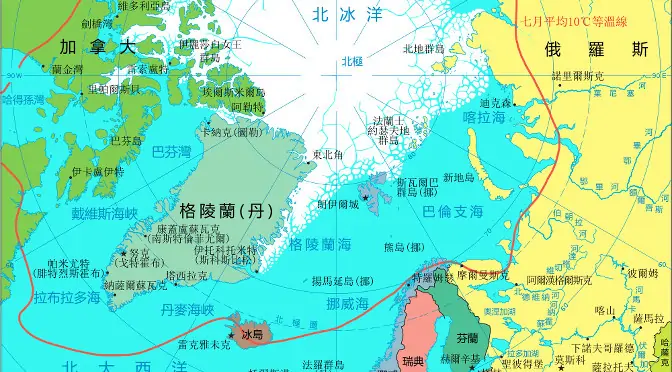Is the Arctic becoming a Sino-Russian lake? The question must be asked, because of the way these two Eurasian giants are gaining a massive and coordinated influence in the whole Arctic region, taking advantage of the geophysical changes caused by global warming (NASA, Global climate change). For example, following the historic $ 400 billion deal between Russia’s Gazprom and China, through which Russia will supply China with oil and gas for thirty years, it was announced that companies of the two countries were looking forward to explore and develop the Russian Far East, which is part, or is very close to the Arctic and subarctic region (Ding Ying, A Gas bond, energy cooperation will serve as a new link between …
Continue reading “Arctic Fusion: Russia and China Convergent Strategies”










